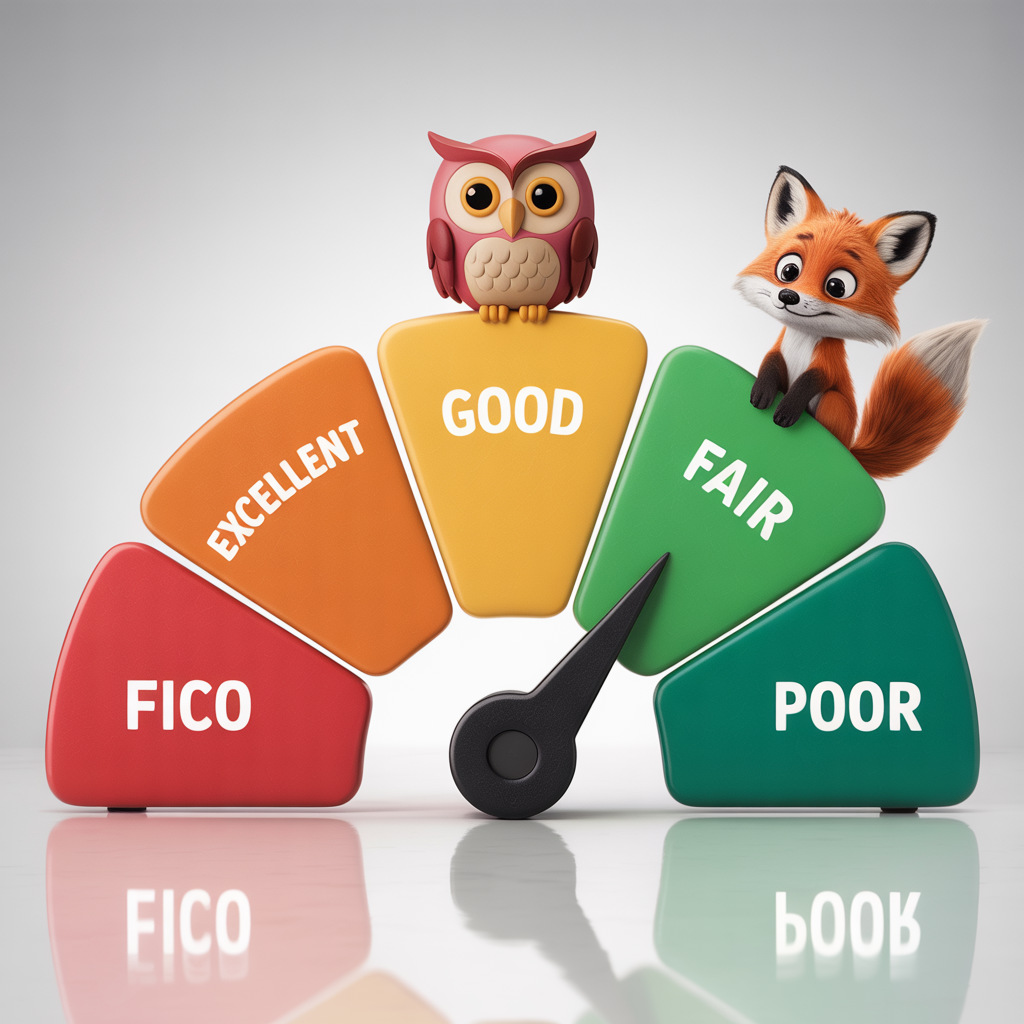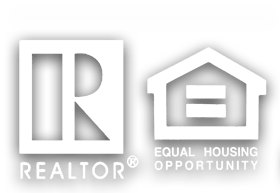Living Trusts

Estate planners often recommend Living Trusts as a viable option when contemplating the manner in which to hold title to real property.

When a property is held in a Living Trust, title companies have particular requirements to facilitate the transaction. While not comprehensive, answers to many commonly asked questions are below. If you have questions that are not answered below, your title company representative may be able to assist you, however, one may wish to seek legal counsel.
Who are the parties to a Trust?
A Family Trust is a typical trust in which the Husband and Wife are the Trustees and their children are the Beneficiaries. Those who establish the trust and transfer their property into it are known as Trustors or Settlors. The settlors usually appoint themselves as Trustees and they are the primary beneficiaries during their lifetime. After their passing, their children and grandchildren usually become the primary beneficiaries if the trust is to survive, or the beneficiaries receive distributions directly from the trust if it is to close out.
What is a Living Trust?
Sometimes called an Inter-vivos Trust, the Living Trust is created during the lifetime of the Settlors (as opposed to being created by their Wills after death) and usually terminates after they die and the body of the Trust is distributed to their beneficiaries.
Can a Trust hold title to Real Property?
No, the Trustee holds the property on behalf of the Trust.
Is a Trust the best way to hold my property?
Only your attorney or accountant can answer that question. Some common reasons for holding property in a Trust are to minimize or postpone death taxes, to avoid a time consuming probate, and/or to shield property from attack by certain unsecured creditors.
What taxes can I avoid by putting my property in trust?
Married persons can usually exempt a significant part of their assets from taxation and may postpone taxes after the first of them to die passes. You should check with your attorney or accountant before taking any action.
Can I homestead property that is held in a Trust?
Yes, if the property otherwise qualifies.
Can a Trustee borrow money against the property?
A Trustee can take any action permitted by the terms of the Trust, and the typical Trust Agreement does give the Trustee the authority to borrow and encumber real property. However, not all lenders will lend on a property held in trust, so check with your lender first.
Can someone else hold title for me “in trust?”
Some people who do not wish their names to show as titleholders make private arrangements with a third party Trustee; however, such an arrangement may be illegal, and is always inadvisable because the Trustee of record is the only one who is empowered to convey, or borrow against, the property, and a Title Insurer cannot protect you from a Trustee who is not acting in accordance with your wishes despite the existence of a private agreement you have with the Trustee.












